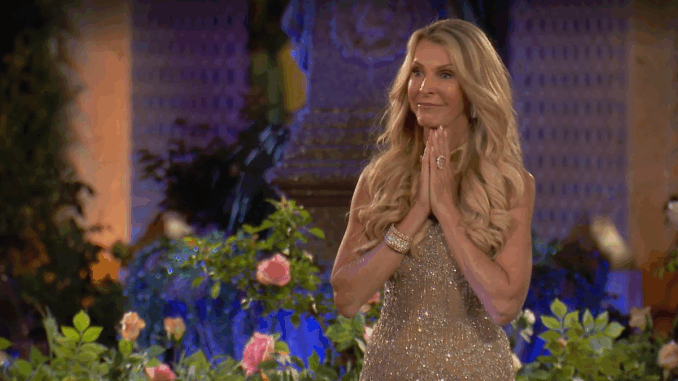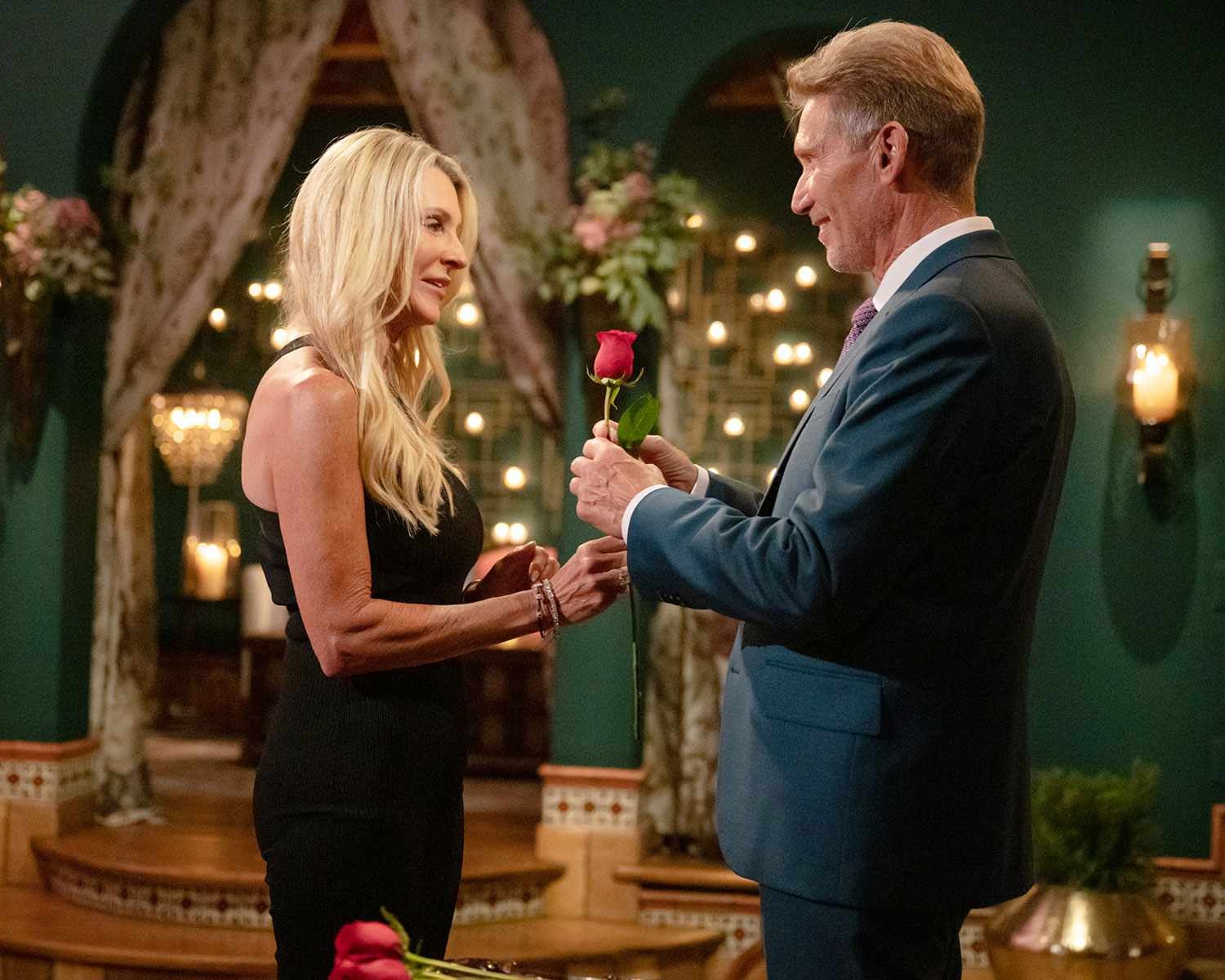
Romance Isn’t Just for the Young
For decades, love stories on screen have focused almost exclusively on young people. From teen dramas to dating reality shows, the narrative has been that love belongs to the young and beautiful. But The Golden Bachelor is changing that. It’s showing viewers that romance doesn’t fade with age—in fact, it can become even more meaningful.
The show centers around older adults who are exploring love again, sometimes after decades of marriage, loss, or solitude. And what it reveals is profound: second (or even third) chances at love are not only possible—they’re often deeper, richer, and more honest than the first.
Redefining the Dating Landscape
In many ways, The Golden Bachelor has redefined what dating looks like on television. It’s slower, more thoughtful, and filled with real conversations. There are no dramatic screaming matches or over-the-top stunts. Instead, viewers see grown adults asking questions that matter: “What does companionship mean to you now?” or “How do you handle grief?” These aren’t typical Bachelor Nation soundbites—they’re life-affirming moments.
And perhaps that’s the most radical thing about the show. It assumes that older adults are not only capable of love, but that their stories are worth telling. In doing so, it gives voice to a group that is so often sidelined in pop culture.
Why Second Chances Matter
For many contestants, The Golden Bachelor isn’t just about finding a partner—it’s about healing. Many have experienced profound losses: the death of a spouse, divorce, or years spent raising a family alone. To come on the show is a brave act of vulnerability. They are opening themselves up not just to romance, but to the possibility of joy after heartbreak.
Second chances matter because they reflect real life. Many people don’t find their “forever person” in their twenties. Sometimes life doesn’t go according to plan. But The Golden Bachelor reminds us that love has no expiration date. If anything, these later-in-life romances are more grounded and realistic. The stakes aren’t just about butterflies—they’re about shared goals, emotional support, and growing old together with grace.
Emotional Depth Over Drama

One of the most striking differences between The Golden Bachelor and other dating shows is its emotional depth. There’s still excitement, of course, and plenty of laughs. But the emotional moments are what linger with viewers.
Watching a woman talk about losing her husband after 40 years of marriage, or seeing Gerry tear up while remembering Toni, adds real emotional weight. These are people who have lived full lives, and that history shapes how they approach love now. They’re not just looking for chemistry—they’re looking for companionship, for someone who understands the road they’ve walked.
Building a Real Connection
In traditional dating shows, the lead often juggles shallow relationships and flashy dates. But Gerry approaches each woman with a sense of respect and genuine curiosity. He asks thoughtful questions. He listens. He remembers the small details.
That kind of attention and care builds trust quickly. The connections on The Golden Bachelor feel less like TV plots and more like real relationships forming. When two people talk about what retirement looks like, or how they’d spend time with grandchildren together, it’s not just sweet—it’s meaningful.
A Message for Every Generation
What makes The Golden Bachelor so powerful is that its message isn’t just for seniors. It’s for everyone. Young viewers see a model of what emotionally mature love looks like. Middle-aged viewers are reminded that it’s never too late to start over. Older viewers feel seen, represented, and celebrated.
The show dismantles the myth that romance ends after 50. It says: You are still worthy of love. You still have dreams. You still deserve to be pursued, desired, and chosen.
The Hope of Love, Again
Whether the contestants end up engaged or not, their journeys are a success simply because they dared to try again. That takes incredible bravery. The Golden Bachelor doesn’t promise fairy-tale endings—but it does offer something more powerful: hope.
In a world where so many people feel invisible after a certain age, this show lights a path forward. It tells us that love isn’t just about youth or perfection—it’s about connection, kindness, and the courage to try again.
